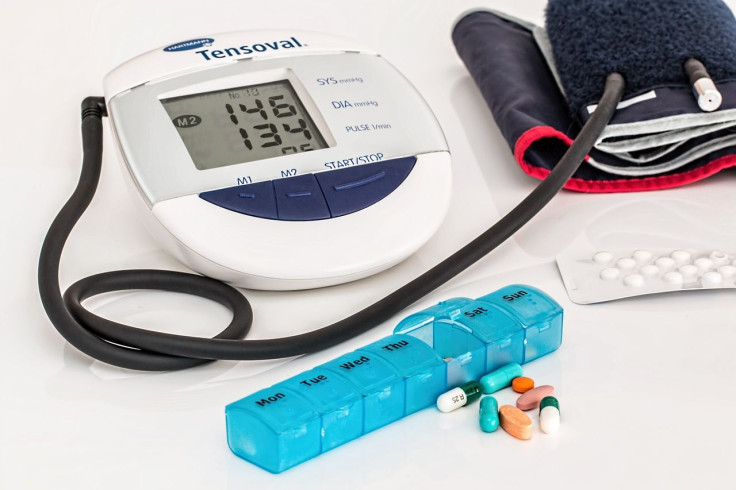Dengue Outbreak In Southeast Asia: Doctors Say Mosquito-Borne Disease Difficult To Distinguish From COVID-19
KEY POINTS
- Doctors said both the diseases have similar clinical and laboratory features
- Southeast Asia, hence, is at increased risk of mistaking coronavirus cases for dengue
- Doctors called for highly accurate detection in order to protect overall public health.
Authorities in Southeast Asia are likely to face a bigger challenge in containing COVID-19 outbreak after doctors warned that the disease has shared features with that of dengue, a mosquito-borne disease which has emerged concurrently in three countries such as, Malaysia, the Philippines, and Singapore, with the novel coronavirus.
Between late December and mid-January, at least 9,464 dengue cases and 13 deaths were reported in Malaysia; a total of 6,551 dengue cases and 21 deaths in the Philippines; and a total of 647 cases in Singapore, according to a report published by WHO on Jan. 30. The organization estimated that at least 390 million people every year get infected by dengue, a viral disease transmitted to humans through Aedes aegypti mosquito bites.
A report by Singapore-based doctors, published in medical journal The Lacent on March 4, said dengue and the coronavirus disease are difficult to distinguish due to their shared clinical and laboratory features.
The group of authors from Singapore’s National University Health System Ng Teng Fong General Hospital, and the Environmental Health Institute cited two cases of false-positive results for dengue in Singapore, which eventually turned out to be COVID-19 infections.
A 57-year-old man arrived at a regional hospital in Singapore on Feb. 9 with three days of fever and cough. He was discharged after a rapid test for dengue returned negative. He reported a persistent fever and other health complications to a primary public health care clinic, where a repeat dengue rapid test came back positive. He was referred to a hospital for dengue wherein a chest radiograph and a subsequent swab test report indicated a SARS-CoV-2 contraction.
In the second case, a 57-year-old woman went to a regional hospital in Singapore on Feb. 13 with fever, cough, and diarrhea. The woman, devoid of any relevant past medical, travel, or contact history, was primarily diagnosed with dengue after rapid serological testing for the disease. She was discharged only to return two days later with worsened health conditions. Three days after her re-admission, she was tested positive for COVID-19 while a repeat dengue test came back negative, according to the report.
“Failing to consider COVID-19 because of a positive dengue rapid test result has serious implications not only for the patient but also for public health,” the report stated, highlighting the urgent need for “rapid, sensitive, and accessible diagnostic tests” for COVID-19 aimed at a “highly accurate” detection.

© Copyright IBTimes 2024. All rights reserved.












